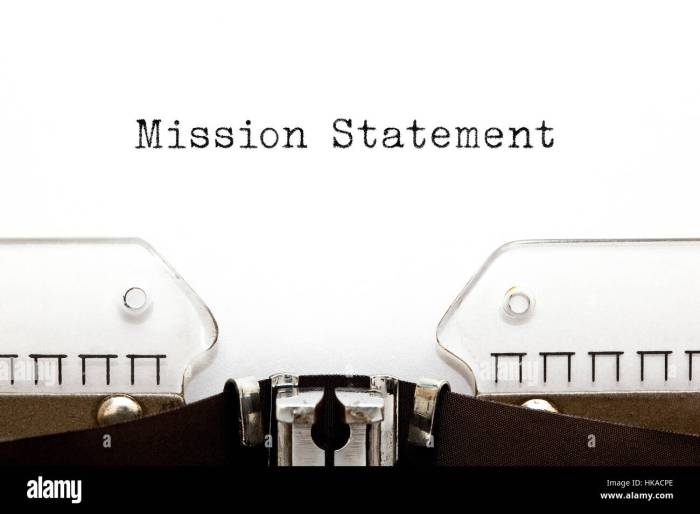In a mission statement the phrase striving for honesty – In a mission statement, the phrase “striving for honesty” sets the stage for a compelling narrative that emphasizes the importance of transparency, authenticity, and ethical conduct. This unwavering commitment to honesty forms the cornerstone of an organization’s credibility and reputation, shaping its interactions with stakeholders and guiding its decision-making.
Organizations that embrace honesty in their mission statements reap numerous benefits, including enhanced trust and credibility among stakeholders, alignment between actions and values, and the cultivation of a strong reputation built on integrity.
Striving for Honesty in Mission Statements: In A Mission Statement The Phrase Striving For Honesty

Honesty is an indispensable virtue in mission statements, serving as the cornerstone of an organization’s integrity and reputation. It fosters trust, aligns actions with values, and builds a strong foundation for stakeholder relationships.
Components of Honesty in Mission Statements
- Clarity:Statements should be easily understood and unambiguous, avoiding jargon or overly complex language.
- Transparency:They should accurately reflect the organization’s values, goals, and operating principles without embellishment or exaggeration.
- Authenticity:Statements should be genuine and reflective of the organization’s true nature, avoiding hollow promises or idealized aspirations.
Benefits of Striving for Honesty in Mission Statements, In a mission statement the phrase striving for honesty
- Trust and Credibility:Honesty fosters trust among stakeholders, enhancing the organization’s credibility and reputation.
- Alignment with Values:It ensures that the organization’s actions are aligned with its stated values, creating a sense of purpose and direction.
- Strong Reputation:Honesty builds a strong reputation for the organization, attracting and retaining customers, partners, and employees.
Challenges in Striving for Honesty in Mission Statements
- Pressures to Exaggerate:Organizations may face pressure to exaggerate their capabilities or intentions to attract stakeholders.
- Internal Disagreements:Different stakeholders may have varying perspectives on the organization’s mission, leading to difficulty in crafting an honest statement.
- Fear of Negative Feedback:Organizations may hesitate to be honest in their mission statements due to fear of negative feedback or criticism.
Best Practices for Striving for Honesty in Mission Statements
- Stakeholder Involvement:Involve stakeholders in the development process to ensure a diverse range of perspectives and honest feedback.
- Regular Review and Revision:Regularly review and revise mission statements to ensure they remain accurate and reflective of the organization’s evolving nature.
- Use of Specific Language:Use clear, concise, and specific language that accurately conveys the organization’s intentions and values.
General Inquiries
What are the key components that contribute to honesty in mission statements?
Clarity, transparency, authenticity, and the use of specific language and phrasing that accurately reflects the organization’s values and intentions.
How does honesty in mission statements benefit organizations?
It fosters trust and credibility with stakeholders, aligns actions with values, and builds a strong reputation.
What are the challenges organizations face in crafting honest mission statements?
Pressures to present an idealized image, fear of negative consequences, and difficulty in articulating complex values in a concise manner.

